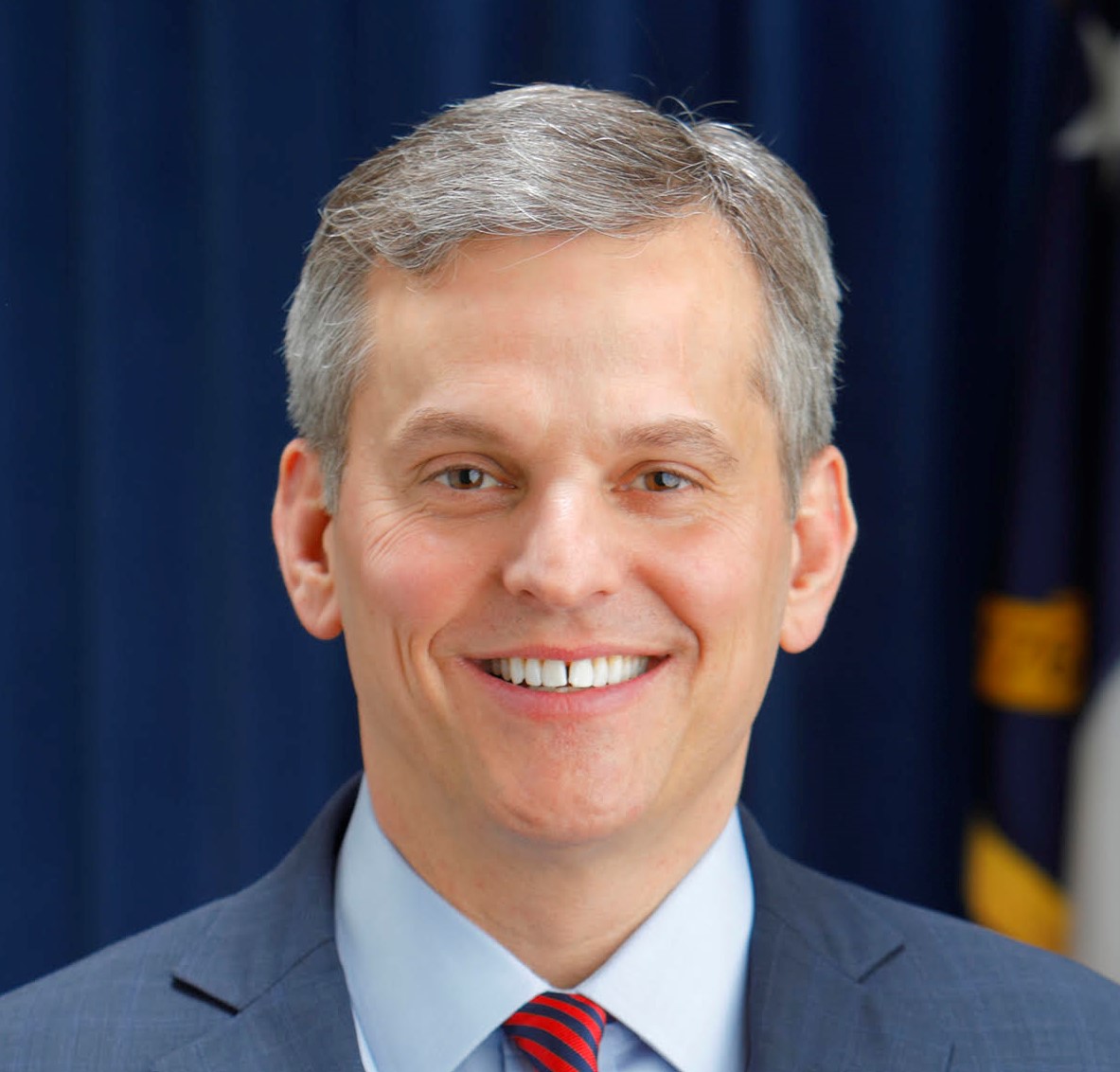Even though the U.S. Supreme Court has upheld a federal ban on robocalls, don’t expect the annoying calls to go away anytime soon.

“The volume of calls is so high that even if we have a substantial reduction in calls, even if we cut the number of calls by 30 percent … consumers are still going to be overwhelmed,” said North Carolina Attorney General Josh Stein, who co-chairs the Consumer Protection Committee of the National Association of Attorneys General.
Stein cited data from YouMail, a robocall-blocking app, which estimated that in June alone, there were 3.3 billion robocalls placed in the U.S. That breaks down to 111.2 million a day and 4.6 million an hour.
Those numbers illustrate the difficulty of eliminating robocalls. In 1991, when Congress enacted the original anti-robocall law, an estimated 18 million Americans received robocalls each day.
Stein said some isolated data suggests a significant reduction in robocalls may be happening. He cited a story in the Charlotte Observer that said robocalls went down by 33% in Charlotte and Raleigh in April.
But Stein said the sheer volume of calls means consumers likely won’t notice the difference. And it’s going to take some time for enforcement efforts and laws to have a noticeable impact.
“It’s certainly not going to be solved in 2020 or even 2021,” Stein said.
The calls are despised by virtually everyone, Stein noted, regardless of party.
As the Supreme Court put it, “Americans passionately disagree about many things. But they are largely united in their disdain for robocalls. The federal government receives a staggering number of complaints about robocalls – 3.7 million complaints in 2019 alone. The states likewise field a constant barrage of complaints.”
RELATED: Supreme Court’s DACA decision far from a final answer for Dreamers
RELATED: Supreme Court LGBTQ ruling leaves many battles still to be fought
The attorneys general association backed a national law that went into effect in December that strengthened the Telephone Consumer Protection Act of 1991, the older law that was upheld by the Supreme Court on July 6.
The TCPA banned virtually all robocalls to cell phones. But it’s been difficult to enforce.
The new law passed 97-3 in the Senate and 429-3 in the House. Known as the TRACED Act or the Telephone Robocall Abuse Criminal Enforcement and Deterrence Act, the legislation:
- Requires telephone service providers to develop call authentication technologies to combat spoofing in which spam and fraudulent callers trick caller ID into showing a different number.
- Requires carriers to offer consumers opt-in or opt-out robocall blocking without charging them.
- Extended the statute of limitations and increased some fines to help the Federal Communications Commission’s enforcement efforts.
- Encourages federal prosecutors to bring more criminal cases against robocallers.
- Helps the FCC and carriers trace and block phone companies suspected of being responsible for sending large numbers of robocalls.
- Directs the FCC to create a Hospital Robocall Working Group to help hospitals protect themselves from robocalls.
Stein cited a recent complaint he and six other attorneys general brought accusing Texas-based Rising Eagle Capital Group and JSquared Telecom of making billions of robocalls over two years. The companies are accused of making more than 75 million robocalls in North Carolina alone.
Monday’s Supreme Court ruling involved a 2015 amendment to the 1991 TCPA that carved out an exception. The amendment made it legal for the federal government to use robocalls to collect debts, including student loans and mortgage debts.
A group of political and nonprofit organizations that wanted to make robocalls sued. The court ruled that the 2015 amendment would have made the law an unconstitutional violation of the First Amendment by preferring one form of speech over another because of the content of the speech.
So, the court struck down the amendment, leaving the rest of the law intact.
Stein said the court’s decision was “extremely welcome. It was a critical decision.” Had the ruling gone the other way, Stein said, efforts to battle robocalls would have been nearly impossible.
Now, he said, it’s going to take cooperation at every level, including federal and state governments, as well as telephone companies, “to effectively address this scourge.”
Contact Elaine Silvestrini at [email protected]. Follow her on Twitter at @WriterElaineS.












